Would you ever guess Kristina Wandzilak, a published author, national speaker, star of her reality TV show and entrepreneur was ever homeless on the streets of San Francisco, dying alone from a drug overdose?
Kristina Wandzilak’s story of addiction started when she was a curious 13-year-old, stealing alcohol from her parents’ liquor cabinet. She had been drawn towards alcohol ever since she was young, watching her father cherish the substance dearly. Wandzilak was unaware that her father was an alcoholic because her only idea of alcoholism came from the stereotype of homeless men drinking out of a paper bag. This image did not fit her father, a handsome man with nice suits and a large house in Marin who was wealthy enough to send his four kids to private schools like San Domenico and Marin Catholic. Wandzilak did not know it was unhealthy to drink nightly because that was what her father modeled and therefore “normal.” Everyday when he came home after work in his pristine suit he poured himself a drink. The second he stepped through the door his hand was reaching for the bottle, even before he said hello to Wandzilak and her three siblings. Clearly, alcohol was one of the most important things in his life. Wandzilak noticed how it made her father seem happier and at ease. Therefore, as a young, impressionable girl who watched her alcoholic father drink daily, she curiously snuck a bottle of vodka and drank at the end of her driveway.
Wandzilak’s mother, Connie Truitt, now understands why Wandzilak first drank. Her father was a functioning alcoholic and his behavior normalized nightly drinking.
“If I would have done it over again, I would have gotten a divorce sooner,” Connie Truitt said.
Furthermore, since her parents hosted many parties, Wandzilak was constantly surrounded by alcohol. She noticed how her parents would drink with their friends. To her, it looked fancy and fun. “[It was] intoxicating,” Wandzilak said. “Pun intended.”
From Wandzilak’s first sip she loved the way alcohol made her feel. “I’m very shy and uncomfortable and kind of awkward and anxious,” Wandzilak said. “So when I drank, I felt at ease for the first time in all my life.”
At the time, Wandzilak felt that she had found a solution to all her problems. She would sneak out of the house and drink at the end of the driveway whenever she could. In those hours, her problems would disappear. Her awkward teenage insecurities and anxieties would diminish, leaving her in a blissful, calm state.
When Wandzilak graduated from middle school at San Domenico, her world expanded to more friends and opportunities. With her new found freedom as a highschool student, she drank more and met a boy who she was crazy about. When Wandzilak and her boyfriend were going to her first high school dance, he pulled out some cocaine. Wandzilak’s mind was screaming at her to stop. She frantically sorted through a mental list of reasons why she should not take it. She had never done this before. Her friends did not do this. She was not ready for this. She was in over her head. Despite her fear and instinct urging her not to take it, she caved, desperately trying to seem cool. That one decision changed the course of her life forever.
Within a few years, she went from a competitive swimmer with a thriving teenage life to an addicted, homeless highschool dropout.
The more Wandzilak spiraled into addiction, the more her family worried about her. Between the time Wandzilak had her first sip of alcohol to the point of being kicked out of her house, her brother, Trenton Truitt, noticed many things about her behavior that concerned him. “It would be really cold outside and she would go out with nothing but a nightgown and no shoes,” Trenton said. At this time he was unaware she was drinking or using; however, he knew she was not herself and that she needed help.
Kristina Wandzilak was out of control. She did not follow the rules, she stole money from her little sister’s piggy bank, snuck out of the house, and skipped school. She “really disrupted her whole family,” her mother, Connie Truitt said. “Finally, I decided [that] this was not normal teenage rebellion.”
Connie did everything she could to help Kristi. She brought her to rehab and therapy twice a week. She tried to set boundaries and rules in the house; however, nothing worked. Eventually Connie had to make a tough choice to help save herself and her family.
“I told Kristina you can’t be in our life as long as you’re still using; it hurts me too much,” Connie said. “It makes me too sad and too afraid to watch what you’re doing to yourself.”
For Wandzilak, the turning point was when she was dying on the floor of a homeless shelter. While she was slipping away from the reality of her life, her situation came into focus.
“I just realized what I had done to myself and what I had done to my family, and that I was going to die. I could disappear off the face of this earth, and no one was going to know when I was only 21 years old,” Wandzilak said. “I had plans in life back when I was thirteen. I wanted to write a book, I wanted to study psychology, I wanted to travel the world and be married and have kids one day. I wanted to be somebody and make a difference in the world and wanted to help people and do something.”
After that terrifying and clarifying moment, Wandzilak crawled her way back from the dark, slowly and painfully, by asking for help, going to rehab, getting sober, and pulling herself out of homelessness. She is now 30 years sober, and has not had a sip of alcohol or a drug since she was 21. She has traveled the world telling her story and dedicating her life to help others that are struggling with addiction. She has done all the things she never thought she would be able to do in her lost years. She has written a book, had television shows, traveled the world, gotten married, had children, and rekindled the relationships with her family.
“I want to say loud and clear that I have gone on to have the most wonderful, fun, amazing life,” Wandzilak said. Wandzilak wants the world to know that you do not need alcohol to have a good and happy life. Alcohol will not make you more cool, smart, or successful. The world needs to stop associating alcohol with an “instant fix” to your problems, worries or fears. In reality these insecurities will become enhanced with alcohol during or after your drink.
“We live in a culture that’s entitled to taking the edge off and entitled to taking medications to self medicate for anything that hurts or feels uncomfortable,” Wandzilak said. Instant gratification to our problems are built into society and a part of the culture. For example, Amazon is designed so people can receive their packages as quickly as they can. Advil and Tylenol are another form of instant gratification to help you feel better. Social media and “likes” gives people instant dopamine. These things are not inherently bad, it is how we apply them to other aspects of our lives that becomes the issue. If you reach for the bottle or pills everytime you become sad or angry, your brain will start to depend on this as a coping mechanism.
“We need to move from this idea that there’s something on the outside that can fix how we feel on the inside,” Wandzilak said. “We need to create an environment where it’s okay to express how you feel, even the feelings that are hard, ugly or uncomfortable in a way that’s healthy and safe.”
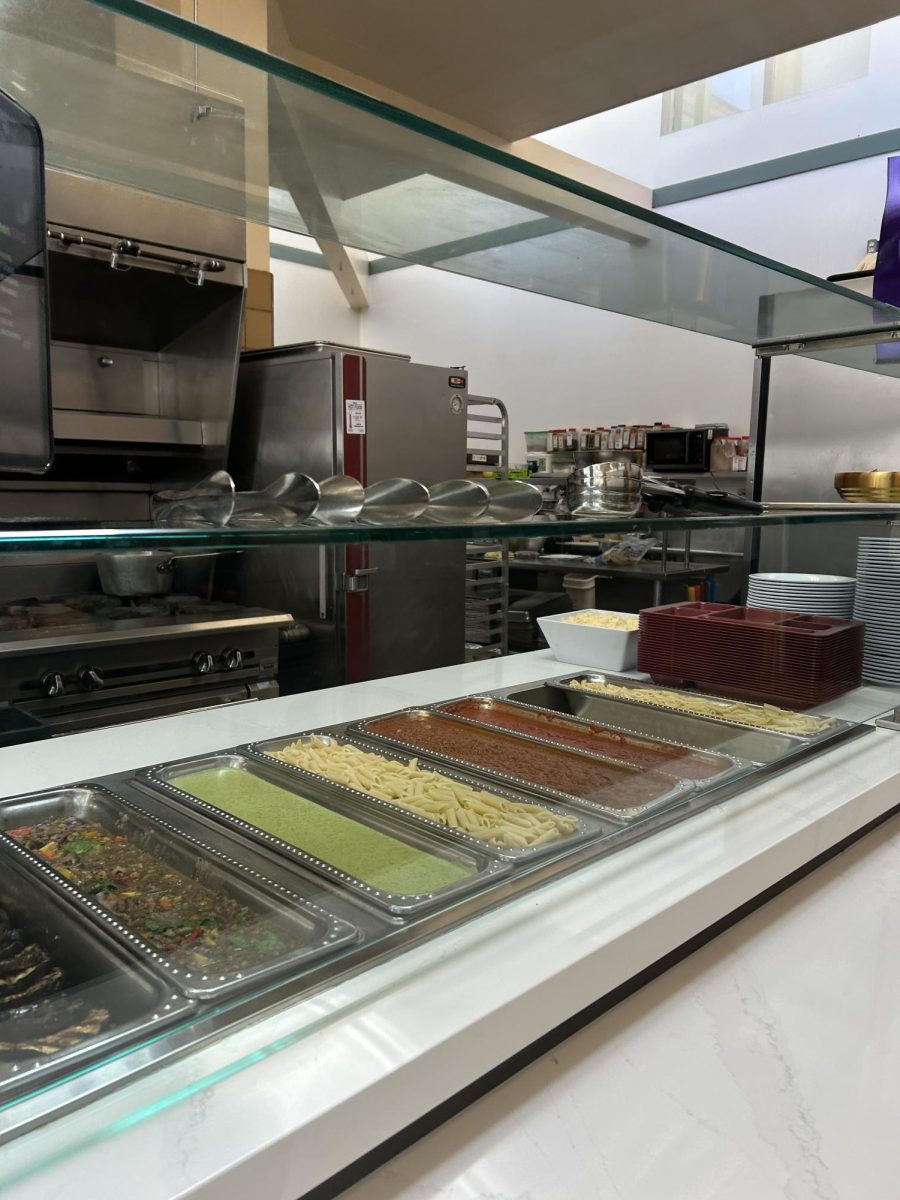
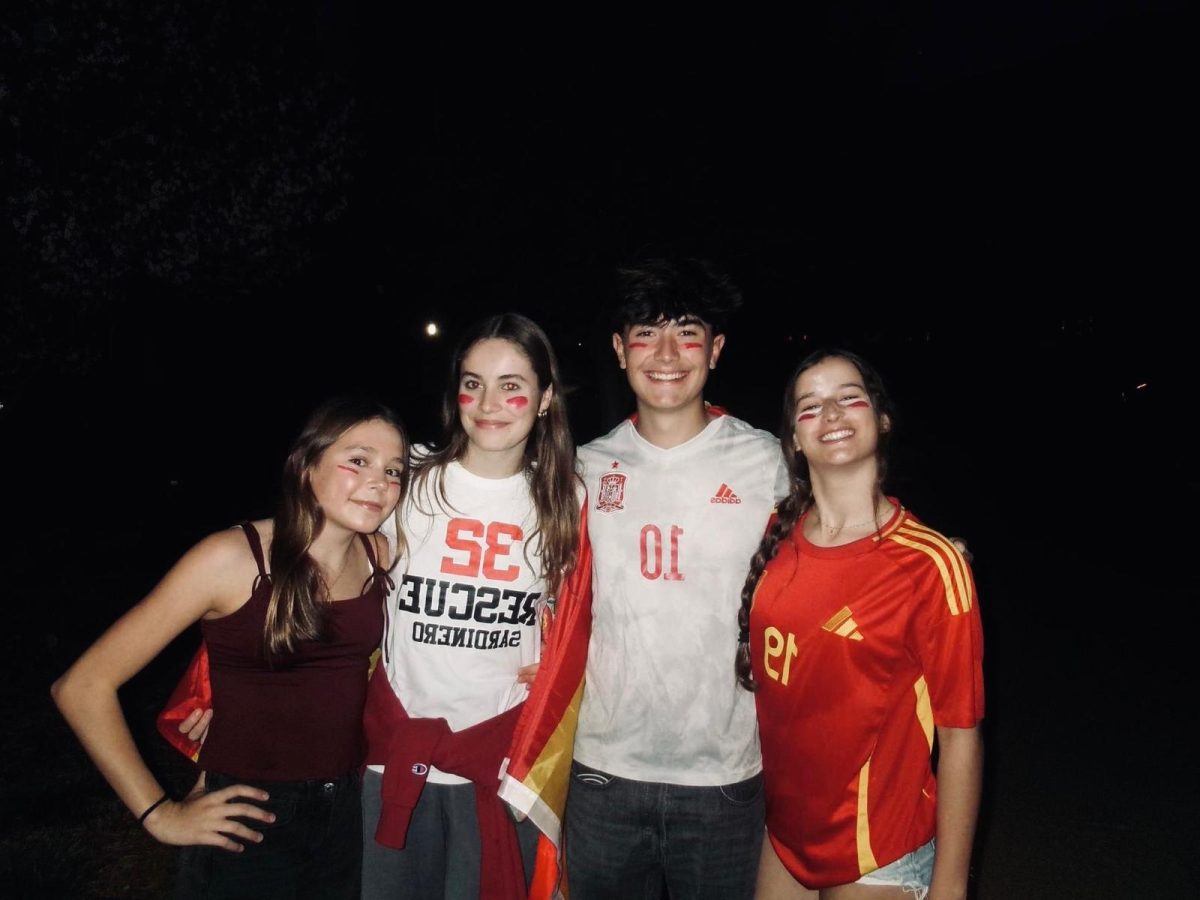


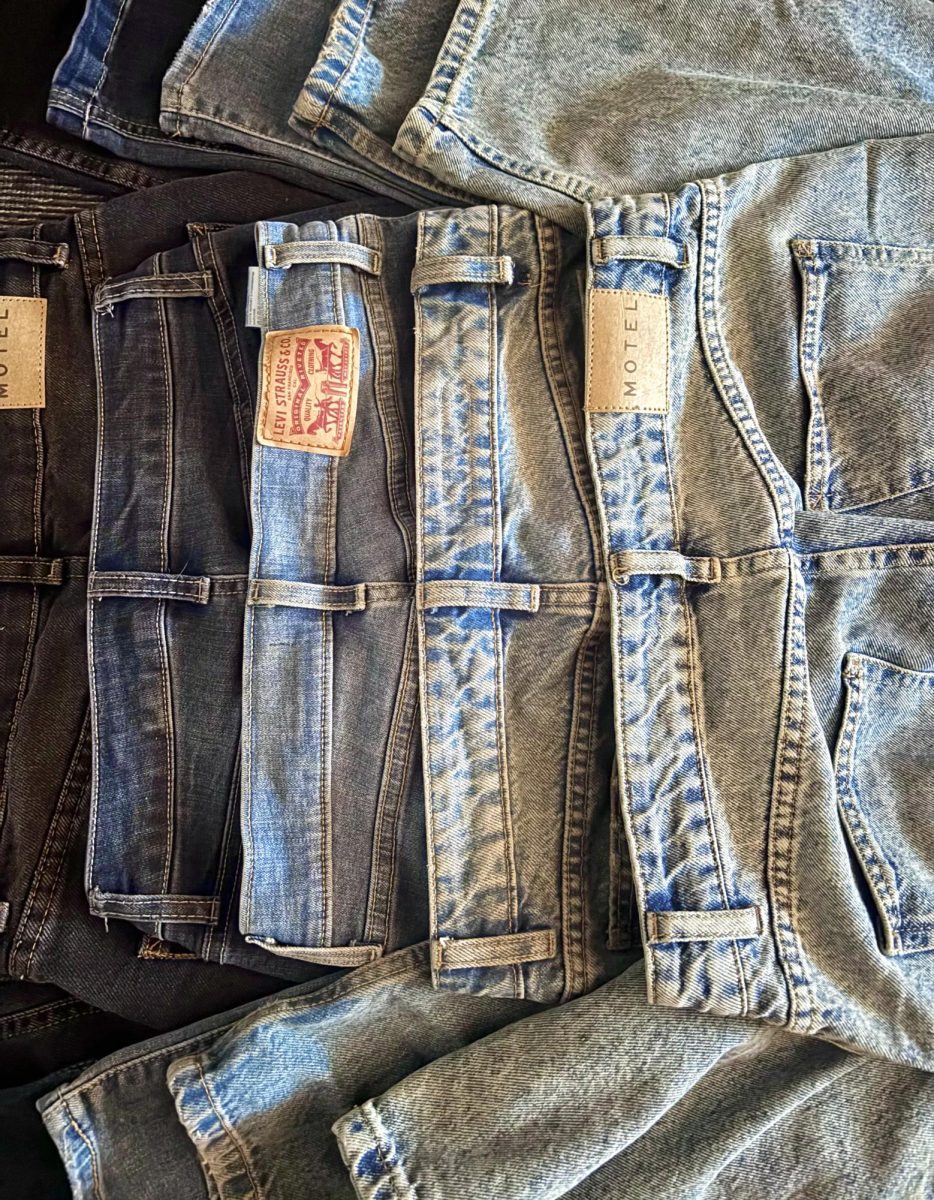
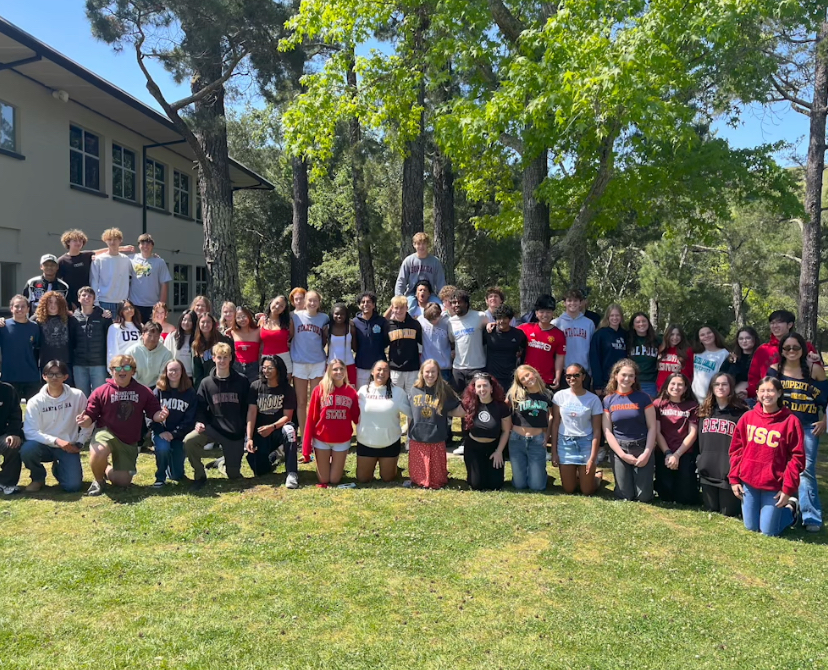
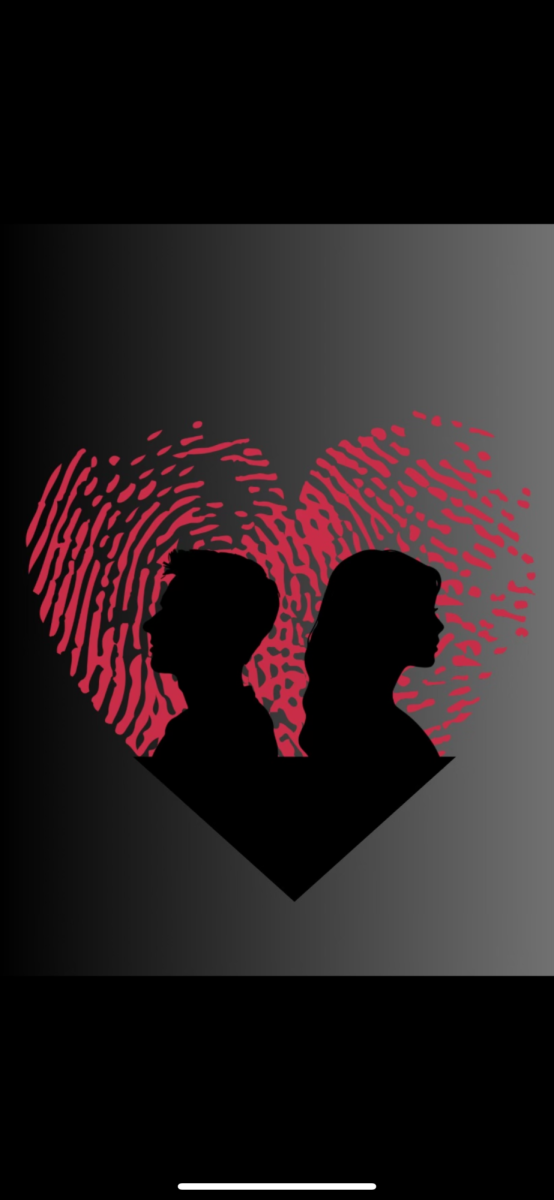

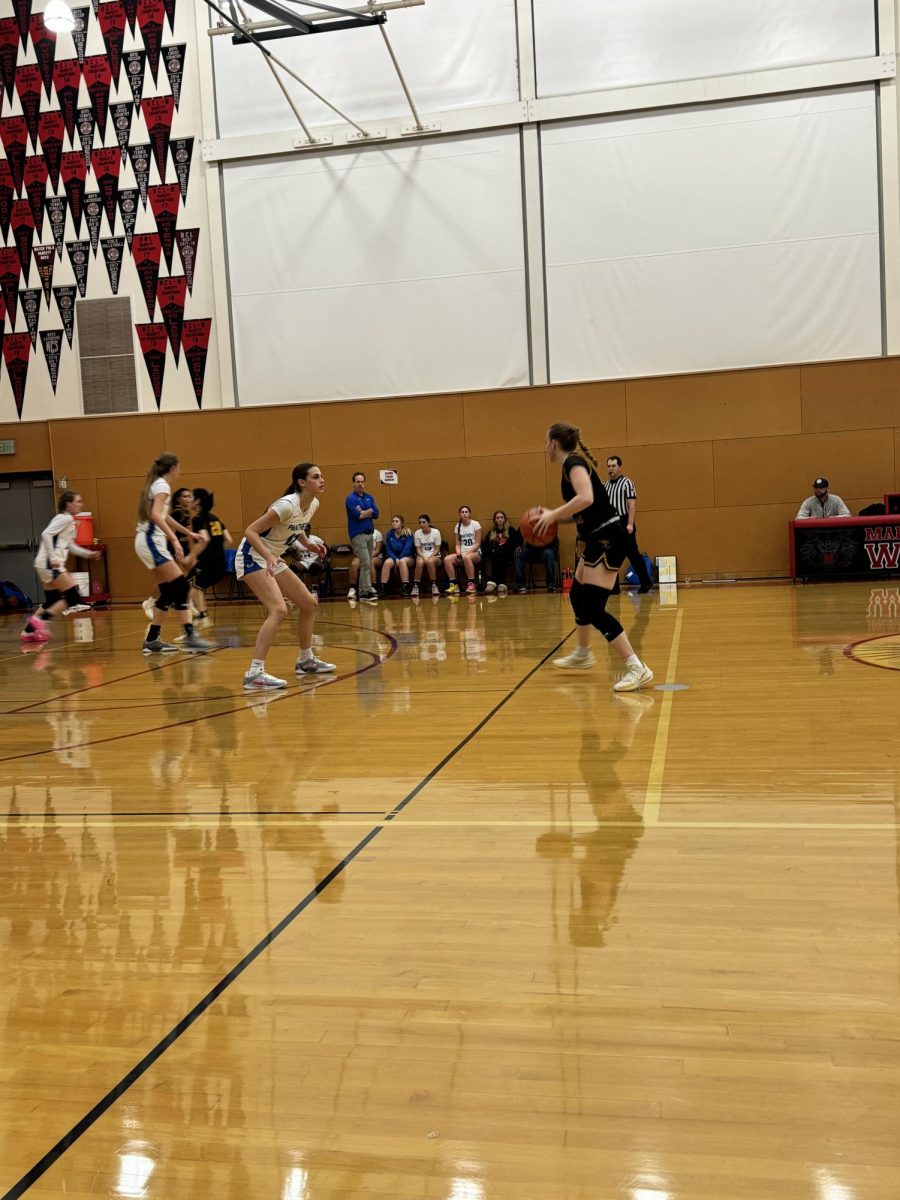
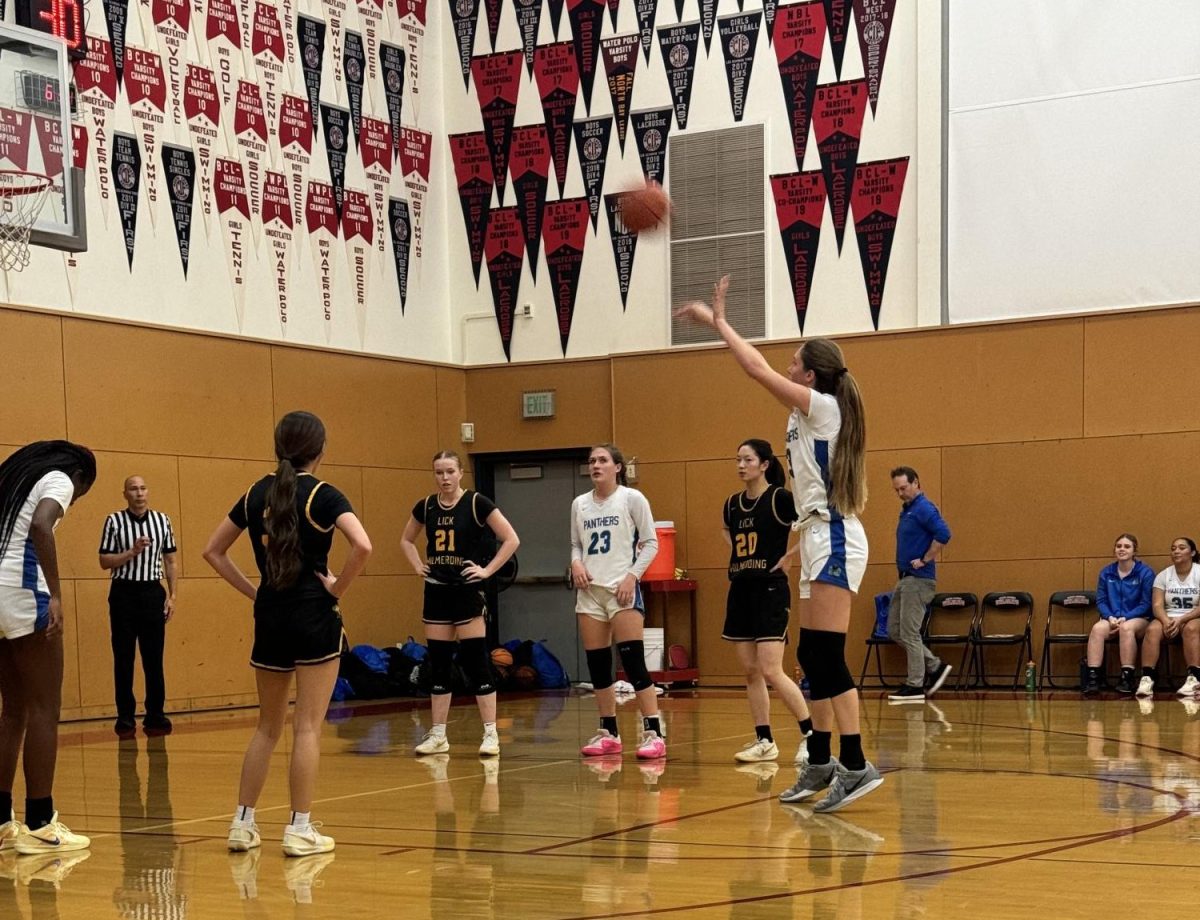
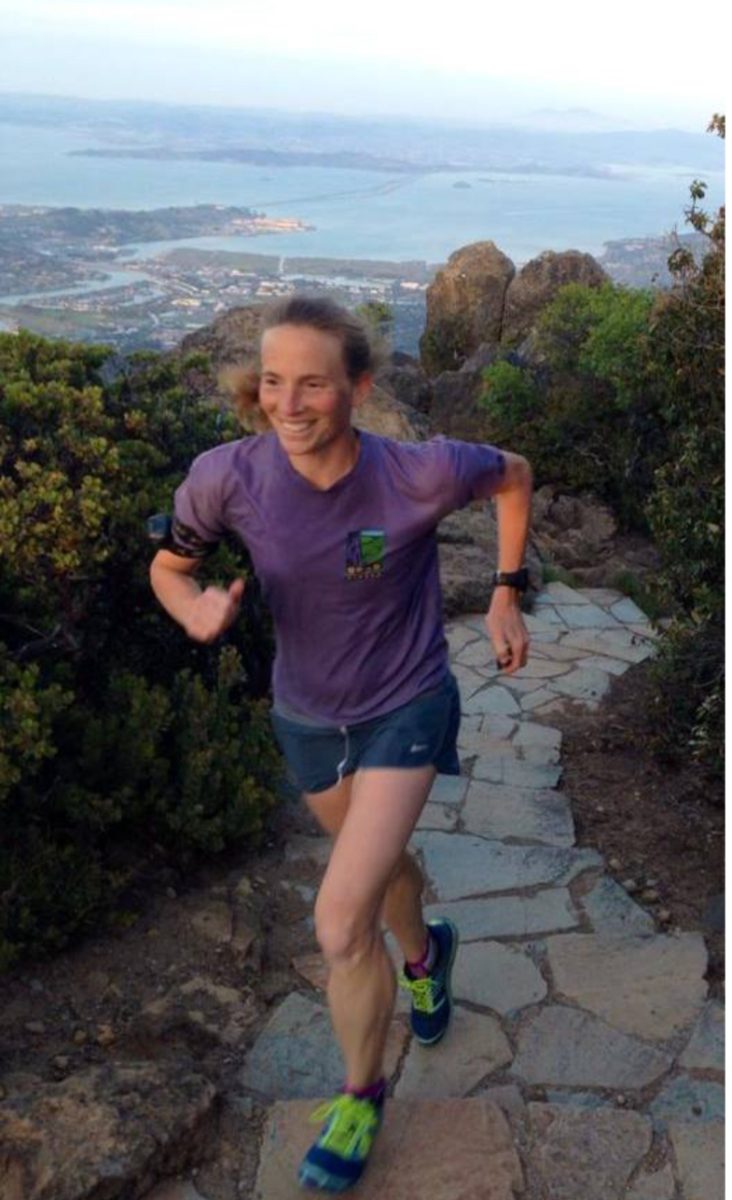


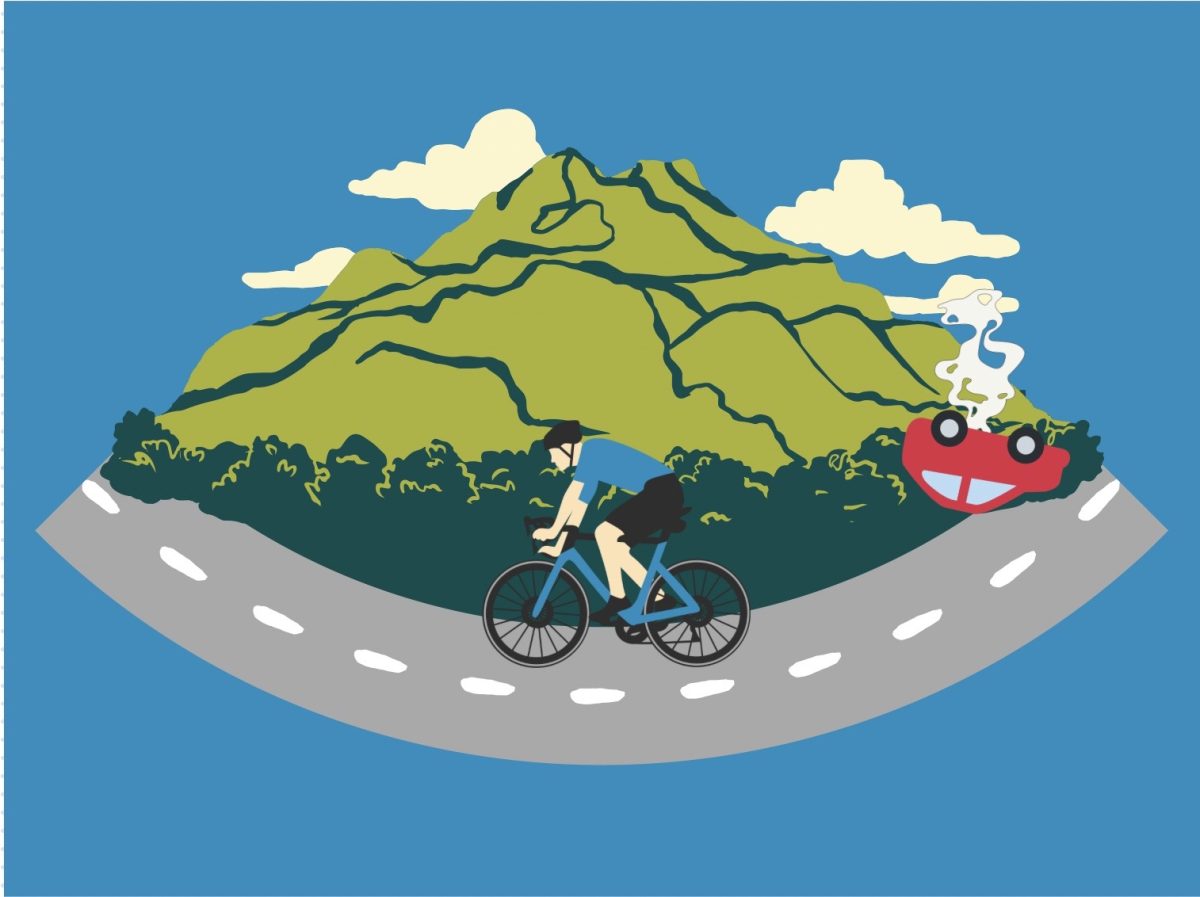



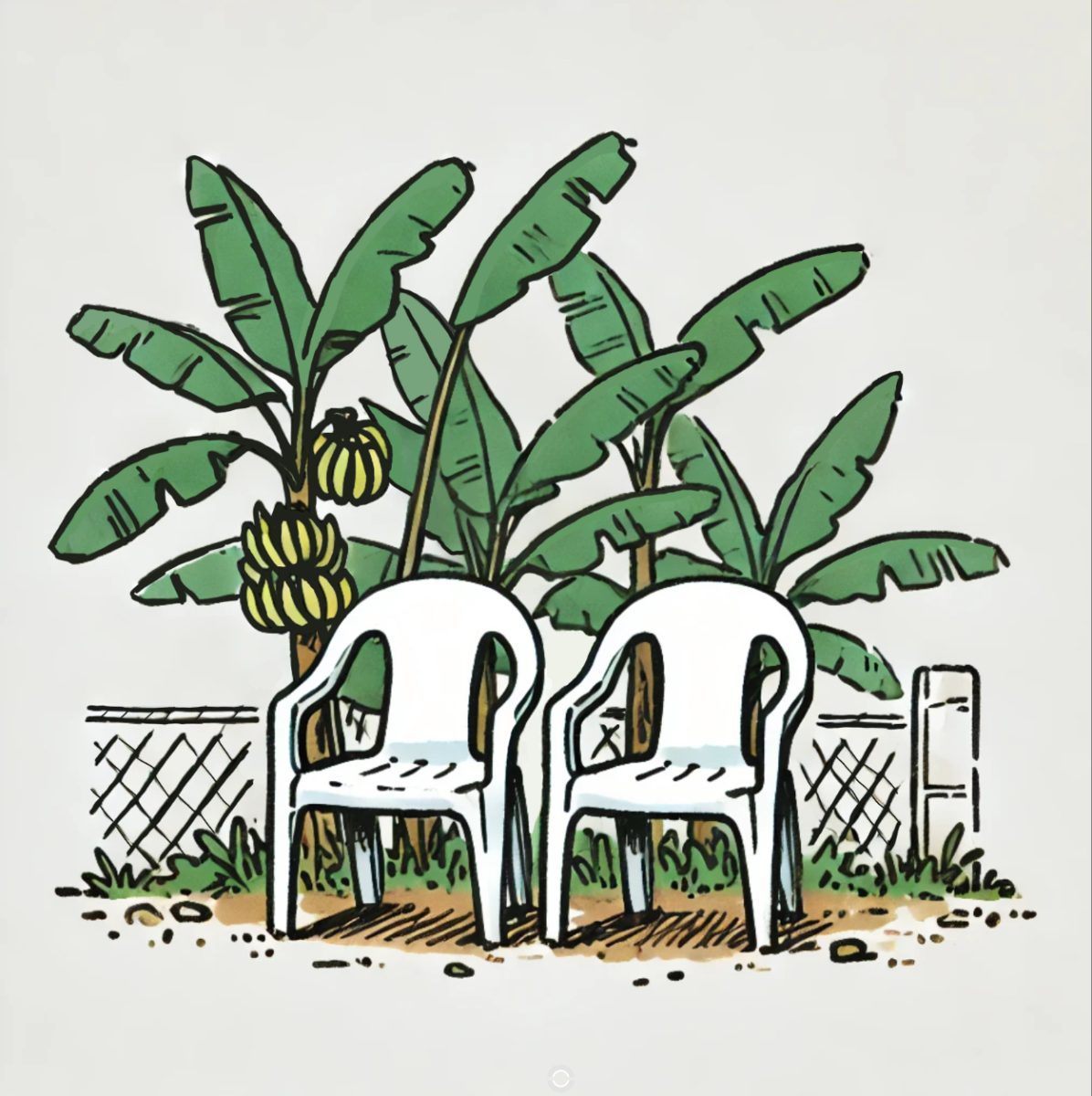
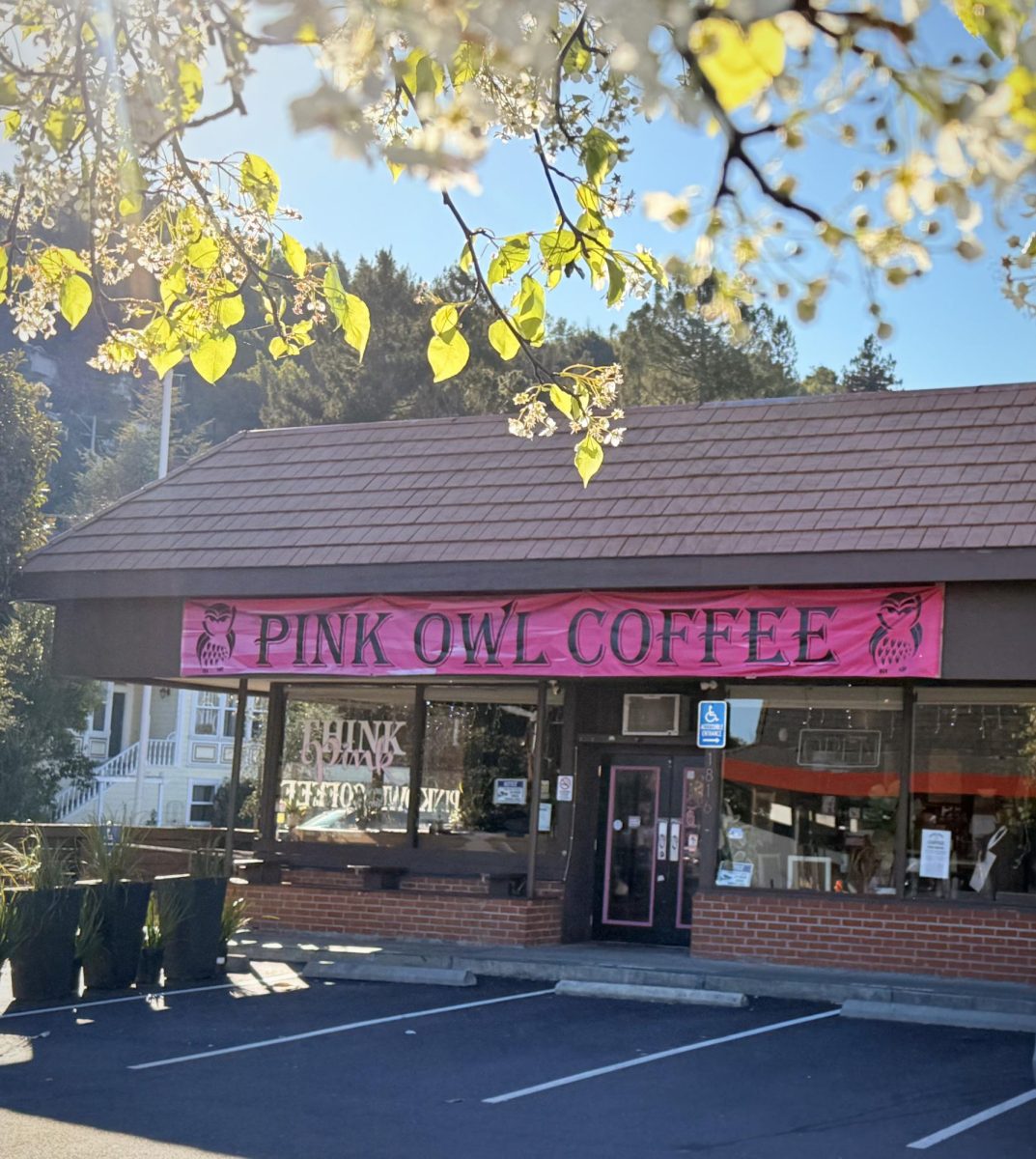

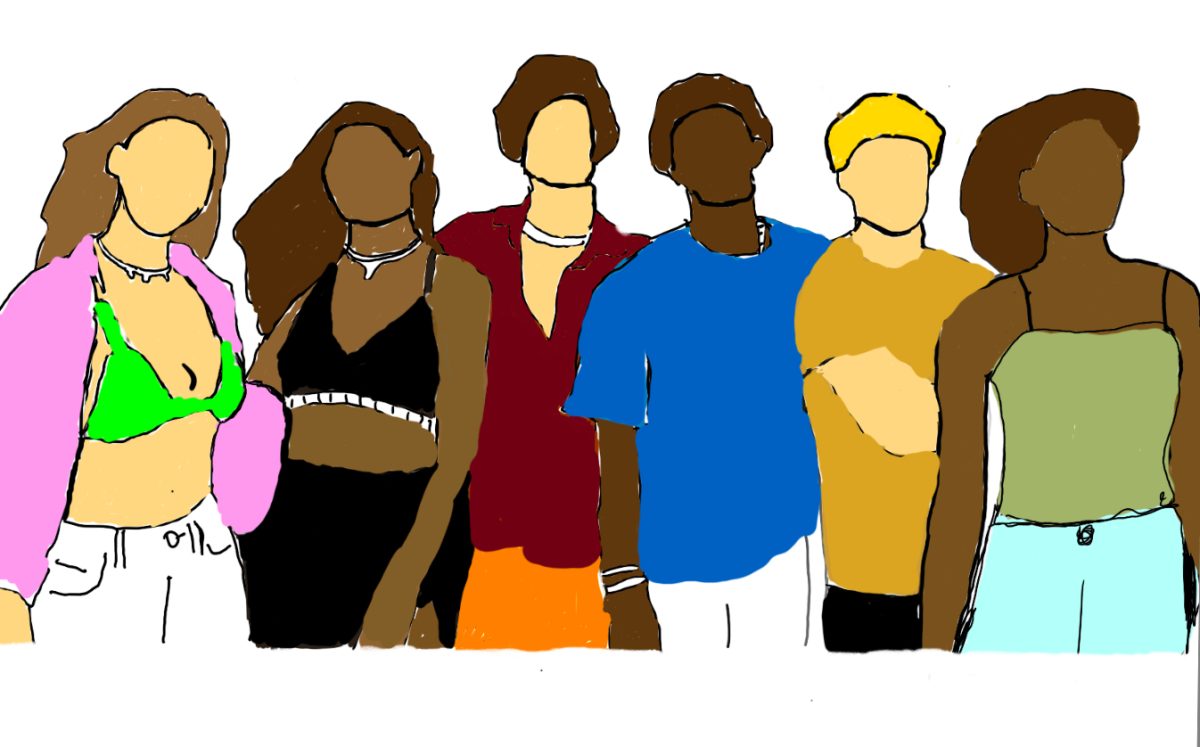
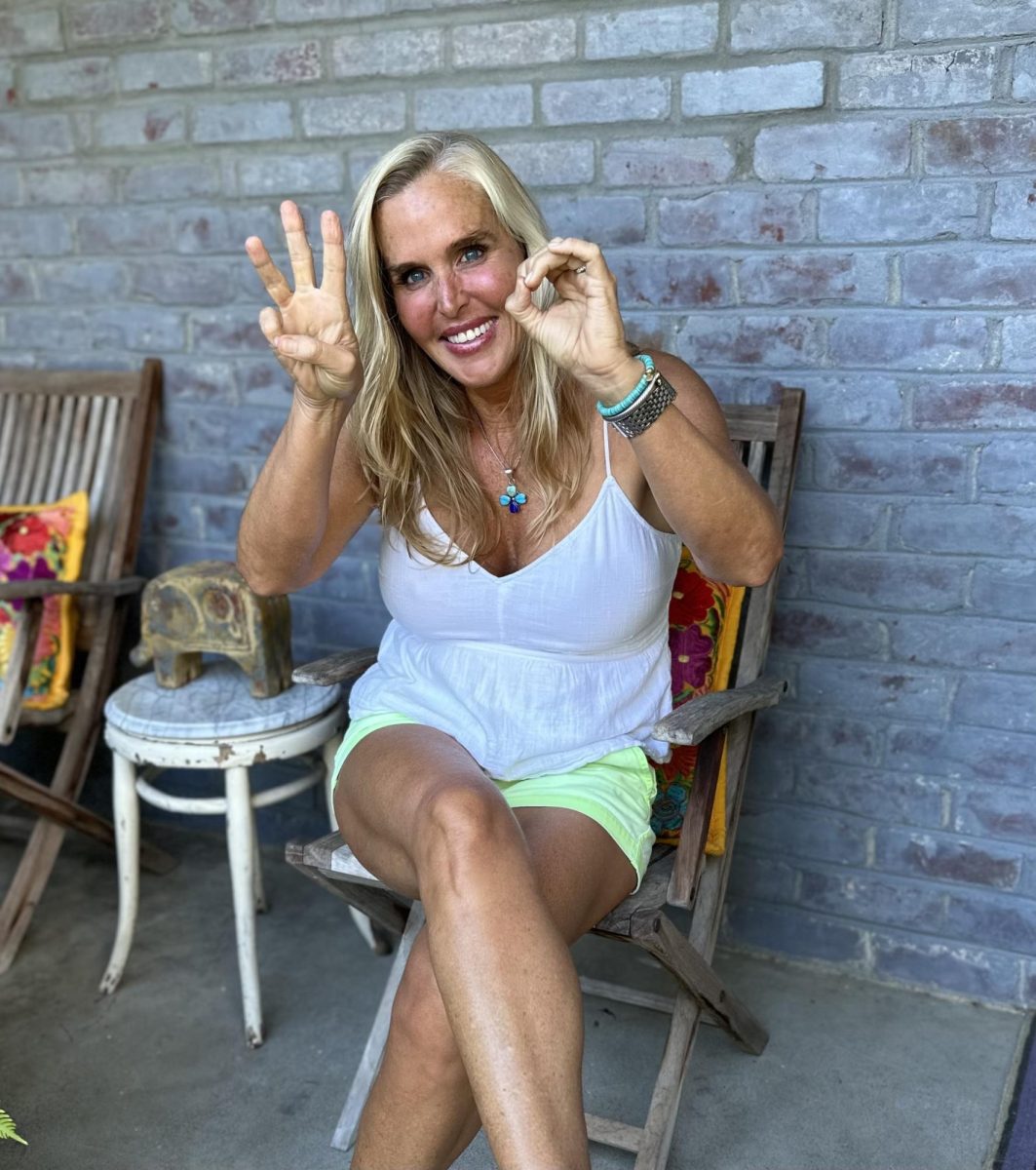

Kate Reeser • Dec 21, 2023 at 2:06 pm
Addiction is real and ever present in our society. Let’s fight it as a community!!!
Kate Reeser • Dec 21, 2023 at 2:06 pm
Addiction is real and ever present in our society. Let’s fight it as a community!!!